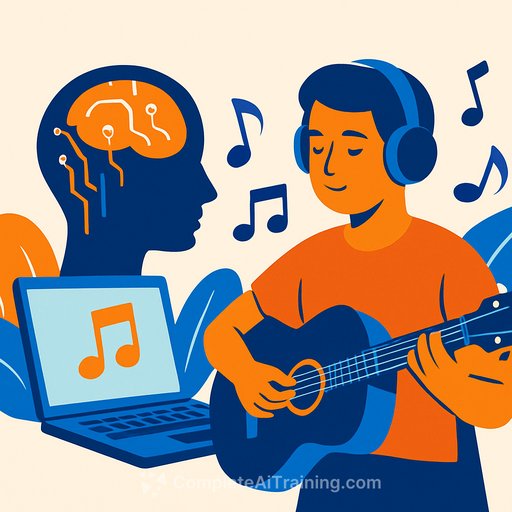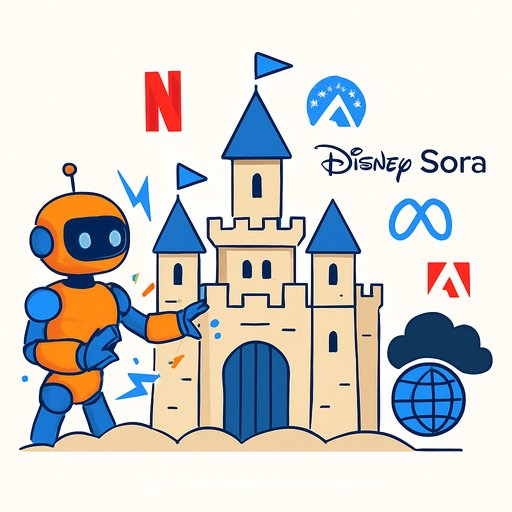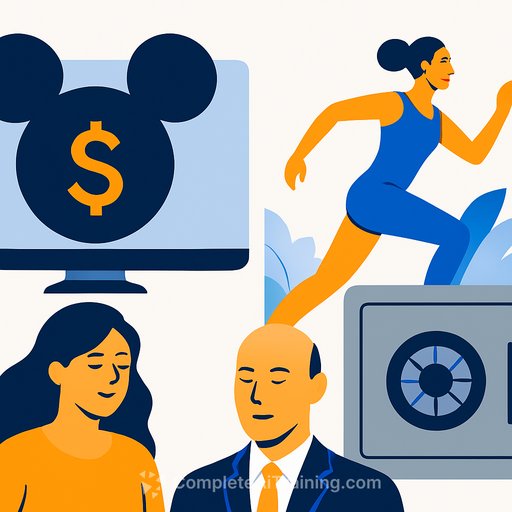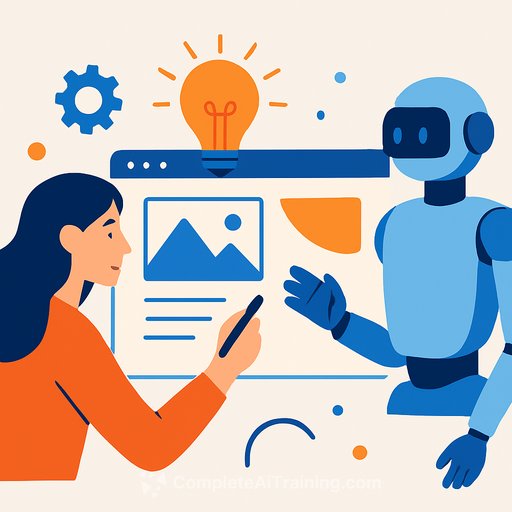AI is Shaping New Music Genres as Artists Take Creative Control
Artificial intelligence is already influencing music culture, opening doors to potentially new music genres as artists integrate AI into their creative workflows. A recent study by Stability AI titled Music and Artificial Intelligence: Artistic Trends examined 337 AI-related music artworks to explore how artists use AI in their music creation.
The key takeaway? AI primarily serves as a co-composer and sound design assistant, with significant use in generating lyrics. This study focused on professional musicians rather than casual creators using fully automatic song generators like Suno or Udio.
Artists Use AI to Enhance Creativity, Not Replace It
Most professional artists see AI as a tool that supports their creative vision, allowing them to maintain full artistic control. Instead of handing over the reins, they use AI to augment their processes, whether crafting melodies, designing unique sounds, or writing lyrics.
Interestingly, some artists embrace the idea of partially relinquishing creative control. For example, Holly Herndon, Grimes, and Sevdaliza have released AI models of their voices. This lets others create music with their vocal likenesses, fostering collaboration between artists and audiences beyond traditional boundaries.
Artists Curate Their Own AI Training Data
Concerns around copyright in AI-generated music have pushed artists to carefully select the datasets used for training AI models. Many now create custom datasets from their own work to ensure their unique sound is preserved and legally protected—similar to how sound designers program synthesizers for distinctive tones.
AI Enables New Sounds and Multilingual Music
AI makes it easier to generate “uncanny” new sounds and translate lyrics into multiple languages. For instance, K-pop group MIDNATT’s 2023 single Masquerade has versions in English, Korean, Japanese, Chinese, Spanish, and Vietnamese. Similarly, Lauv’s Love U Like That is available in both English and Korean.
Beyond language, generative AI can transform songs across genres. Musicians no longer need years of immersion in a genre to produce authentic work. AI can blend styles, potentially creating entirely new genres.
Cultural Resistance and Historical Parallels
AI music faces pushback similar to past innovations in music technology. Sampling once faced accusations of theft, and auto-tune was criticized for compromising vocal authenticity. Over time, these tools gained acceptance and reshaped music culture.
This pattern suggests skepticism toward AI in music may soften as its creative potential becomes clearer.
AI’s Impact Seen in Famous Examples
- The Beatles’ track Now and Then, which used AI to restore John Lennon’s 1978 voice recording.
- AI-generated vocals that allowed country singer Randy Travis to release new music years after losing his voice.
- The viral “fake Drake” track Heart on My Sleeve, which drew millions of streams.
Technology’s Role in Music Evolution
Technological advances have historically expanded musical possibilities. The iron frame in pianos enabled composers like Beethoven to explore new sound dynamics. Amplifiers helped birth rock, blues, and jazz. Drum machines, samplers, and auto-tune shaped modern genres. AI is now joining this lineage, opening fresh avenues for musical innovation.
What’s Next for AI and Music?
AI’s influence on music is already noticeable, but its full effect on popular music and culture is still unfolding. As the technology progresses, artists will continue to experiment, pushing creative boundaries while balancing artistic agency.
For creatives interested in AI tools and how they can integrate them into their workflows, resources like Complete AI Training offer courses tailored to different skill levels and creative fields.
Your membership also unlocks:






